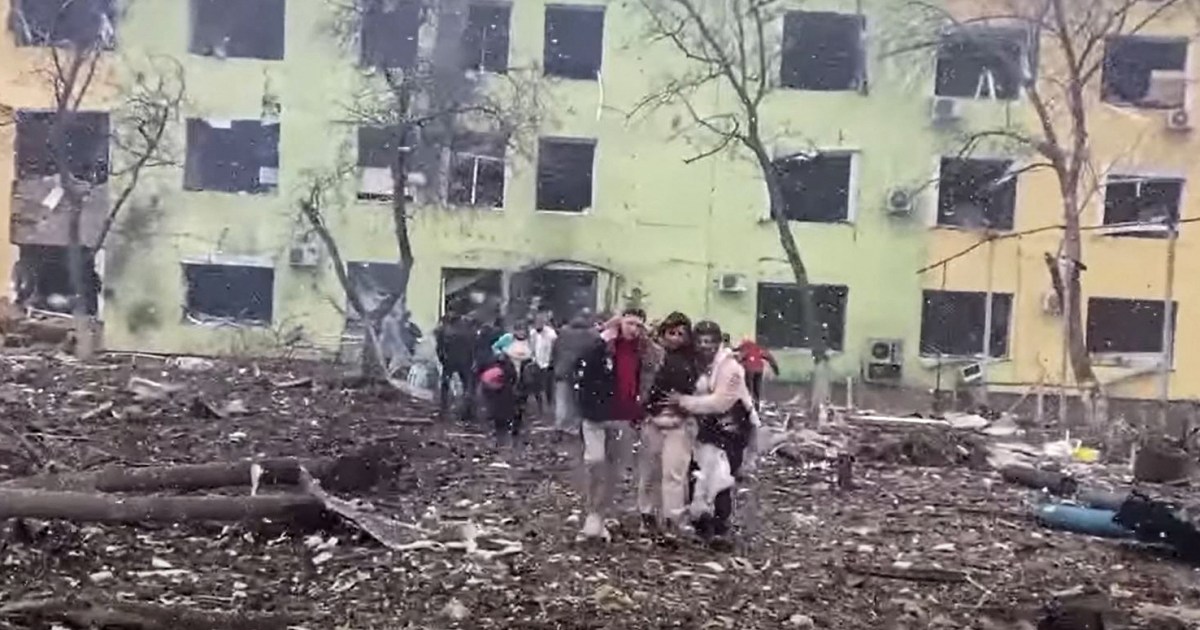Chalabi meets Iranian Ambassador Dowlatabadi
Meanwhile, Chalabi said on Wednesday that Washington should not send more troops to the Arab state to fight increasingly violent attacks but must instead swiftly arm and train a police force.
U.S. soldiers have come under attack almost every day since ousting former Iraqi president Saddam Hussein in April. Twenty-nine U.S. soldiers have been killed by hostile fire since major combat was declared over on May 1.
The U.S. administration there also faces rising sabotage and a growing sense that the resistance is organised.
After talks with Turkish officials in Ankara, Chalabi told Reuters the creation of an Iraqi governing council, a first step to handing control to civilians, could help stem the violence.
"Security in Iraq is not a function of the U.S. sending more troops, it is a function of the creation of an Iraqi security force," said Chalabi, who enjoys U.S. support as head of the umbrella Iraqi National Congress which opposed Saddam’s rule.
"The U.S. has complete control of the battlefield, the U.S. military is unchallenged there. However, they’re not policemen."
The Bush administration and U.S. military leaders have resisted calls from some U.S. politicians and observers to boost the number of U.S. troops in Iraq from the current 145,000.
Chalabi sees a police force of 25,000 officers, armed and trained by the United States, which would also supply a small number of soldiers to accompany police units.
"We believe this security force must be created quickly and it will relieve the security situation and will get American troops off the streets of Baghdad."
Iraq’s U.S. civilian administrator Paul Bremer wants to begin the transitional handover of power to Iraqis with a U.S.-appointed governing council, he said.
"(Bremer) has told us he is very keen to establish an Iraqi government council very quickly," Chalabi said. "He is quite keen to have Iraqis involved in a heavy role in the administration … very soon."
Bremer had earlier suggested an advisory council, but revised the plan after opposition from political parties and other influential figures.
A governing council of 25 to 30 people, drawn from Iraq’s Shia, Sunni and Kurdish leadership, is seen having some executive powers and could begin work later this month



